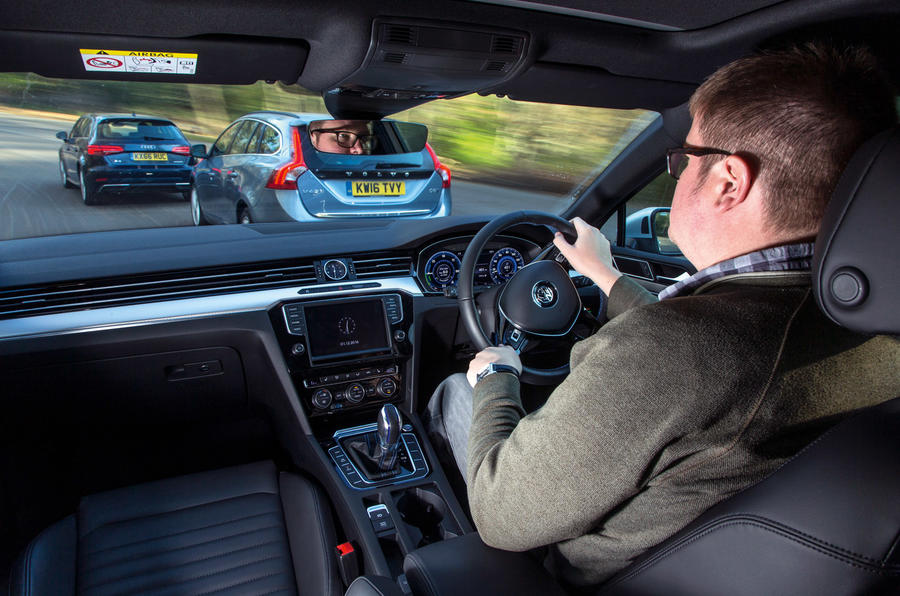So this is budget week, when the government’s manifesto pledges are tested by the push and pull of competing demands before being passed through the washing machine of political expediency.
As this is written, we don’t know what chancellor Rishi Sunak’s red box contains but we know his boss, Boris Johnson, wants to spend large while, behind the scenes, he has an international climate change summit to plan for. Call us paranoid but these two things make us fearful for motorists because experience has taught us that to politicians on a mission, the humble car is both income generator and whipping boy.
This being so, and the government’s fiscal plans already laid, we humbly present Autocar’s motoring manifesto for the real world. If, amid the taxing and the green waving, it reminds the government that motorists have views as well, it has done its job.
Don't bash drivers, they need their cars more than ever
The temptation for a government with a huge majority to go after motorists with impunity may be hard to resist, but according to a recent RAC report, more than a third of UK drivers say they are more dependent on their car than they were 12 months ago. The proportion is the highest it has been in seven years.
Drivers blame the poor quality and high cost of public transport. The government has pledged to spend a chunk of the £5 billion earmarked for infrastructure projects on improving bus and cycle links. However, Autocar says that until these improvements arrive, don’t punish drivers if they prefer to let their car take the strain.
Review the decision to ban hybrid cars
![]()
The government’s pledge to ban the sale of new petrol and diesel cars from 2035 (or perhaps sooner, given subsequent announcements) has attracted a lot of attention. However, it now intends to outlaw hybrid cars, too. The government should be careful. Banning hybrids could contribute to an increase in emissions, as demonising diesel vehicles has.































Join the debate
Add your comment
If I read this correctly,
Autocar used to have teeth and passion. Now it is weak and resigned. This hastens its own demise.
Supporting tax subsidies that
Nobody buys or doesn't buy a Tesla because of £3500.
Why should the tax paid by someone on a checkout at Sainsbury's go to an architect buying a Taycan?
Controversial...
...increase tax on petrol and diesel (including red diesel) and spend the money on clean public transport and cycleways.